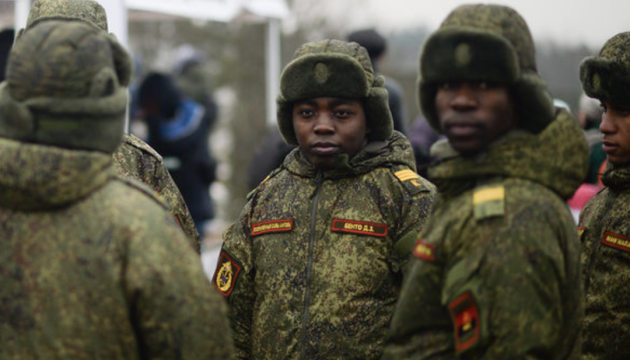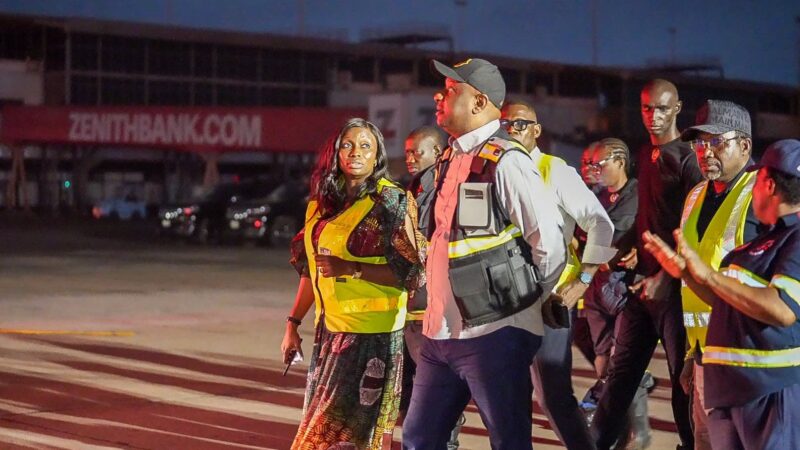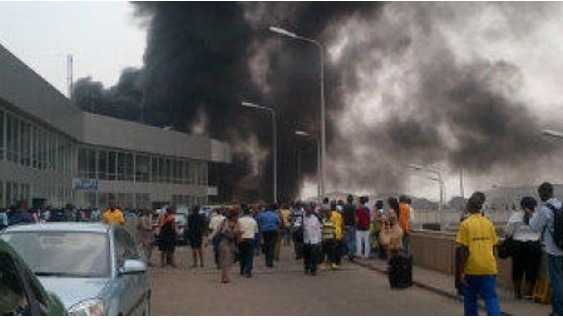Russia coerces African migrants, foreign students into Ukrainian war

Russia has reportedly compelled thousands of migrants and foreign students to fight alongside Russian troops in the ongoing conflict against Ukraine, particularly intensifying efforts in the Kharkiv region, a Bloomberg report has revealed.
According to the report, European officials have revealed these tactics, drawing parallels to those first employed by the Wagner mercenary group.
Cited sources in the report claim that Russian authorities have allegedly threatened to withhold visa extensions for African students and young workers unless they join the military.
The coercion extends to convicts and African migrants in Russia, who are often detained and given the stark choice of deportation or conscription.
While some have managed to bribe officials to remain in the country without being forced into military service, the practice of conscription under duress appears widespread.
These forced recruits are frequently deployed in high-risk offensive operations, suffering significant casualties to shield more experienced Russian units.
The report suggests that Russia’s practice of sending coerced migrants and students into battle began earlier in the war and has resulted in particularly high casualty rates among these groups.
Ukrainian intelligence sources indicate that Russia has conducted a global recruitment campaign to enlist foreign mercenaries from at least 21 countries, including several African nations.
The recruitment drive offers attractive signing bonuses and salaries to lure contract soldiers, targeting migrants and students who originally sought employment in Russia.
Some have been deceived with promises of lucrative work, only to be forced into military training and deployment.
Russia’s ability to mobilise additional troops could significantly impact the war as President Vladimir Putin aims to leverage a shift in momentum this year.
Despite these efforts, Russian forces have made slow progress in northeastern Ukraine and continue to face heavy losses.
The UK Ministry of Defence reports that Russia’s military suffered its highest casualty rate in May, losing more than 1,200 personnel daily.
Since the invasion’s onset, approximately 500,000 Russian troops have been killed or wounded, according to UK estimates.
Although these figures have not been verified, Russia’s President, Putin, at a recent meeting with foreign media in St. Petersburg, hinted at the staggering casualty figures, suggesting around 10,000 Russian troops are killed or wounded monthly, with Ukrainian losses purportedly five times higher.
Despite these setbacks, the Kremlin has intensified bombing campaigns against Kharkiv, aiming to render Ukraine’s second-largest city uninhabitable, according to Bloomberg.
Putin has so far avoided a full-scale mobilisation, instead relying on voluntary recruitment drives to replenish troop numbers, albeit at the expense of troop quality as tens of thousands of individuals have reportedly been recruited through these efforts.
In Nepal, the government acknowledged earlier this year that approximately 400 young Nepali men had been recruited by Russia, though many more likely joined without official awareness.
India’s recent cessation of recruiting Nepalese Gurkhas for its army may have driven Nepalis to seek employment in Russia and other countries.
A senior Ukrainian official noted an increase in the number of foreign fighters captured on the battlefield, particularly Africans and Nepalis.
European officials have discussed sharing this information with the affected countries.
As the Group of Seven nations prepare for a leaders’ summit in Italy next week, they continue to urge countries from the Global South to support Ukraine, though many remain neutral, influenced by Moscow’s disinformation campaigns.
Previously, Reuters reported that the Wagner group had recruited several African citizens from Tanzanian, Zambian, and Ivorian prisons for its forces in Ukraine. Presently, there are between 35,000 and 37,000 African students in Russia, according to Yevgeny Primakov, head of Rossotrudnichestvo, which promotes Russian knowledge abroad.
Speaking at the St. Petersburg International Economic Forum, Primakov stated, “Every year we sign up about 6,500 students from Africa to study in Russia for free.”
As the war continues, the Kremlin’s controversial recruitment tactics draw increasing international scrutiny and condemnation.







